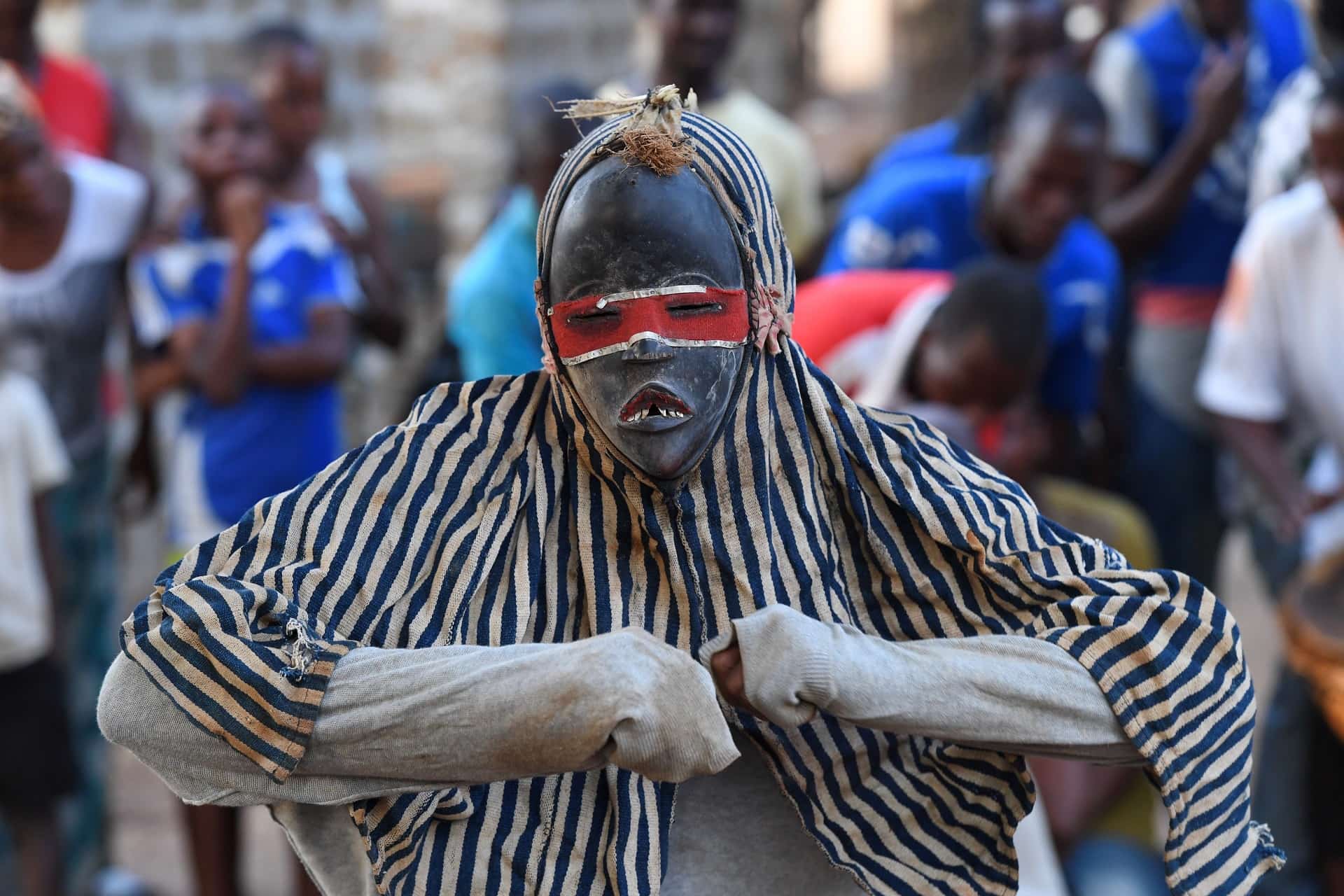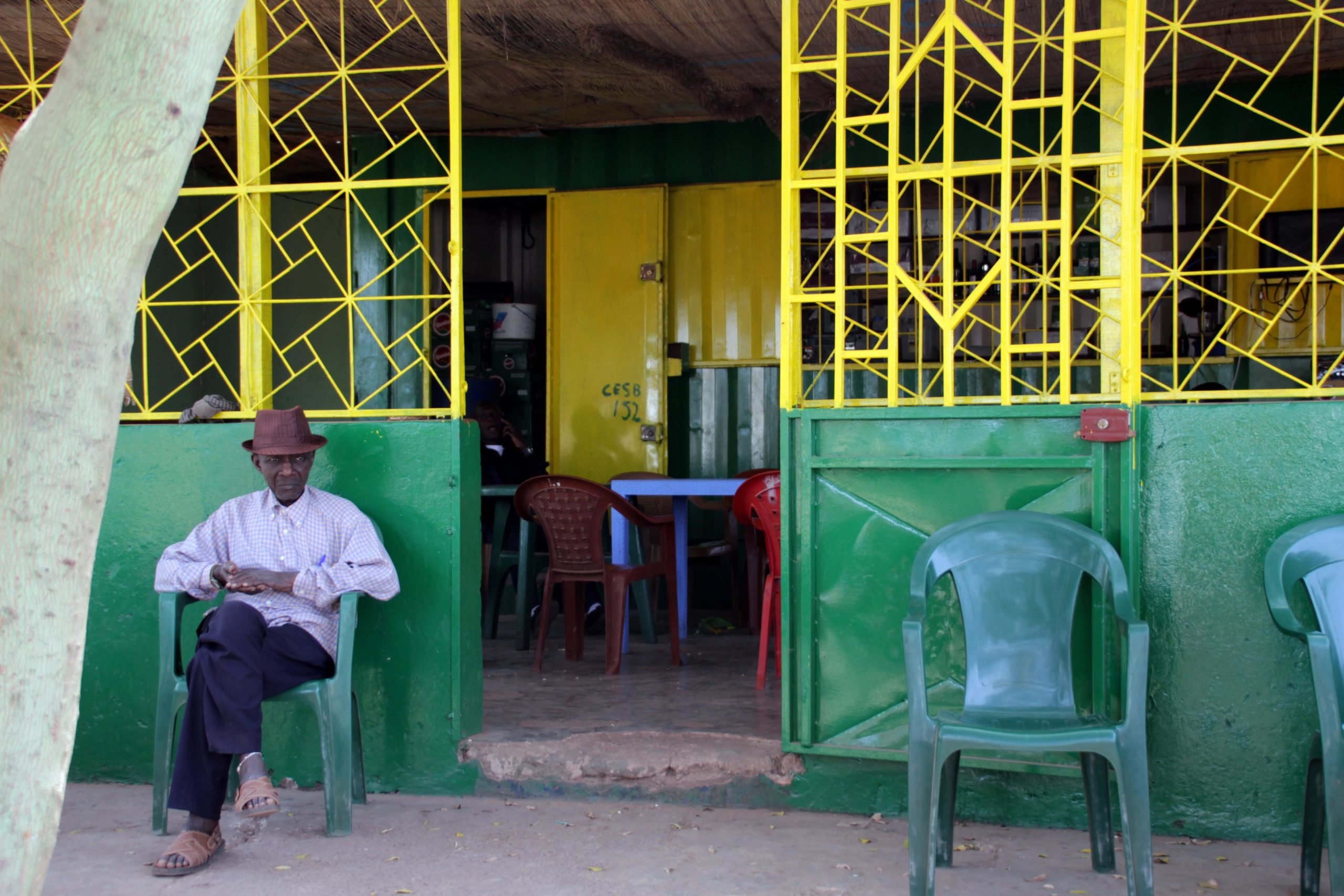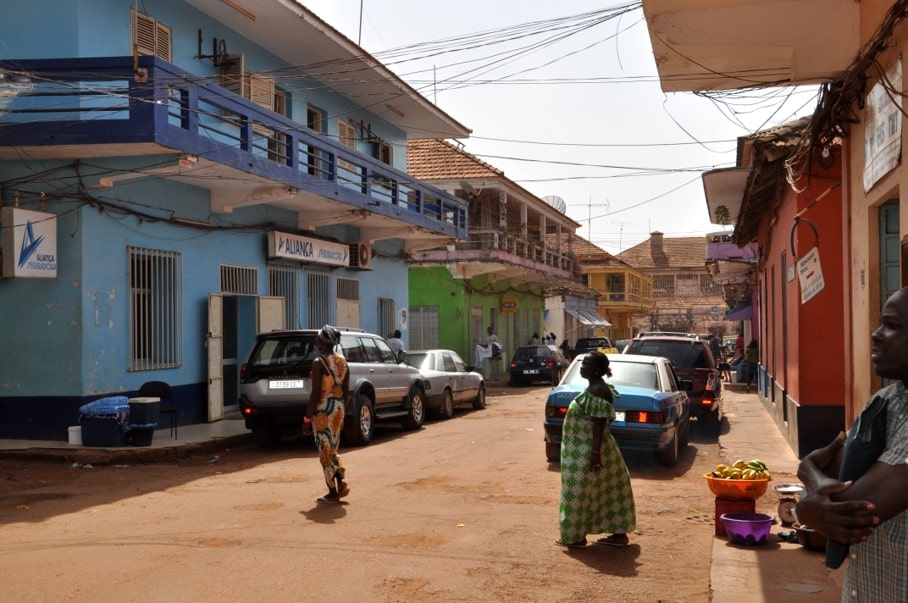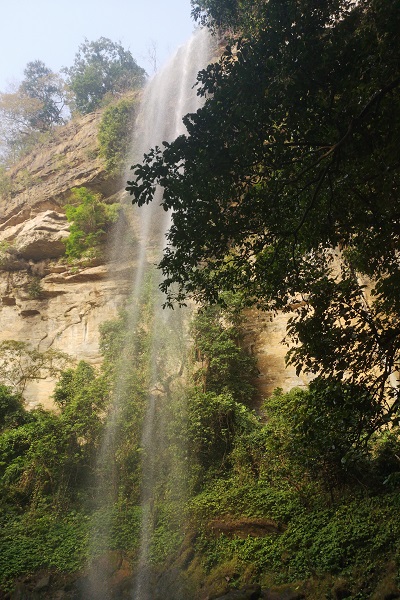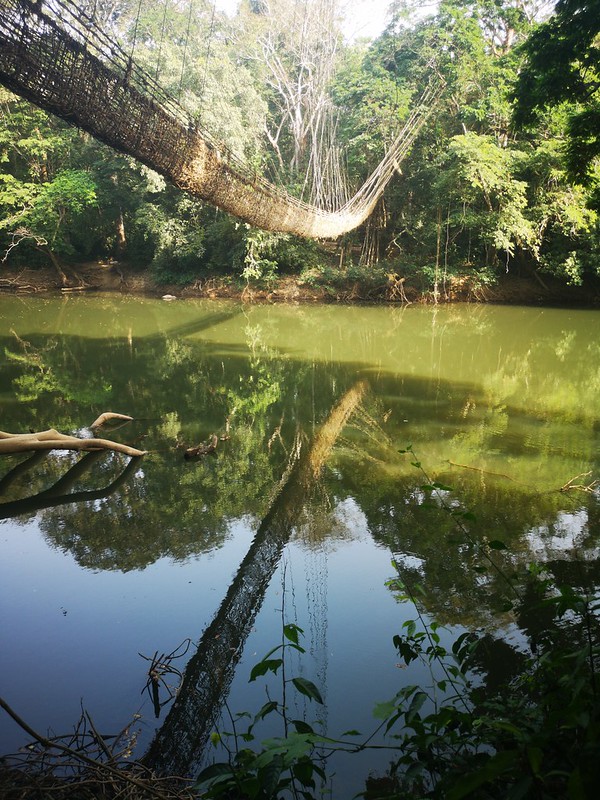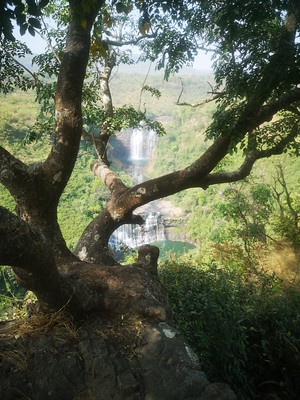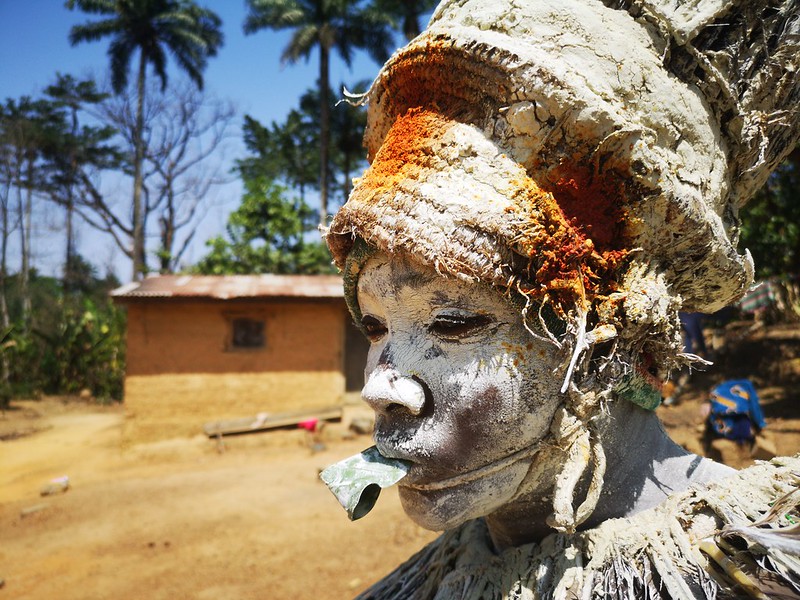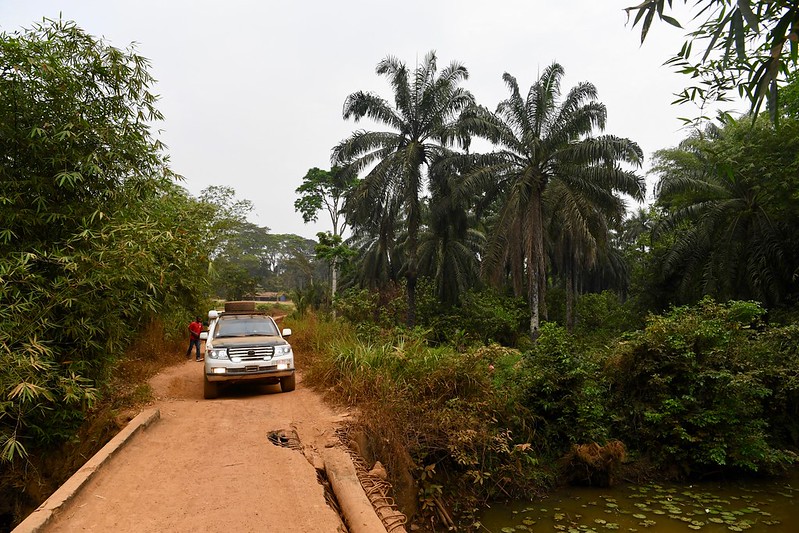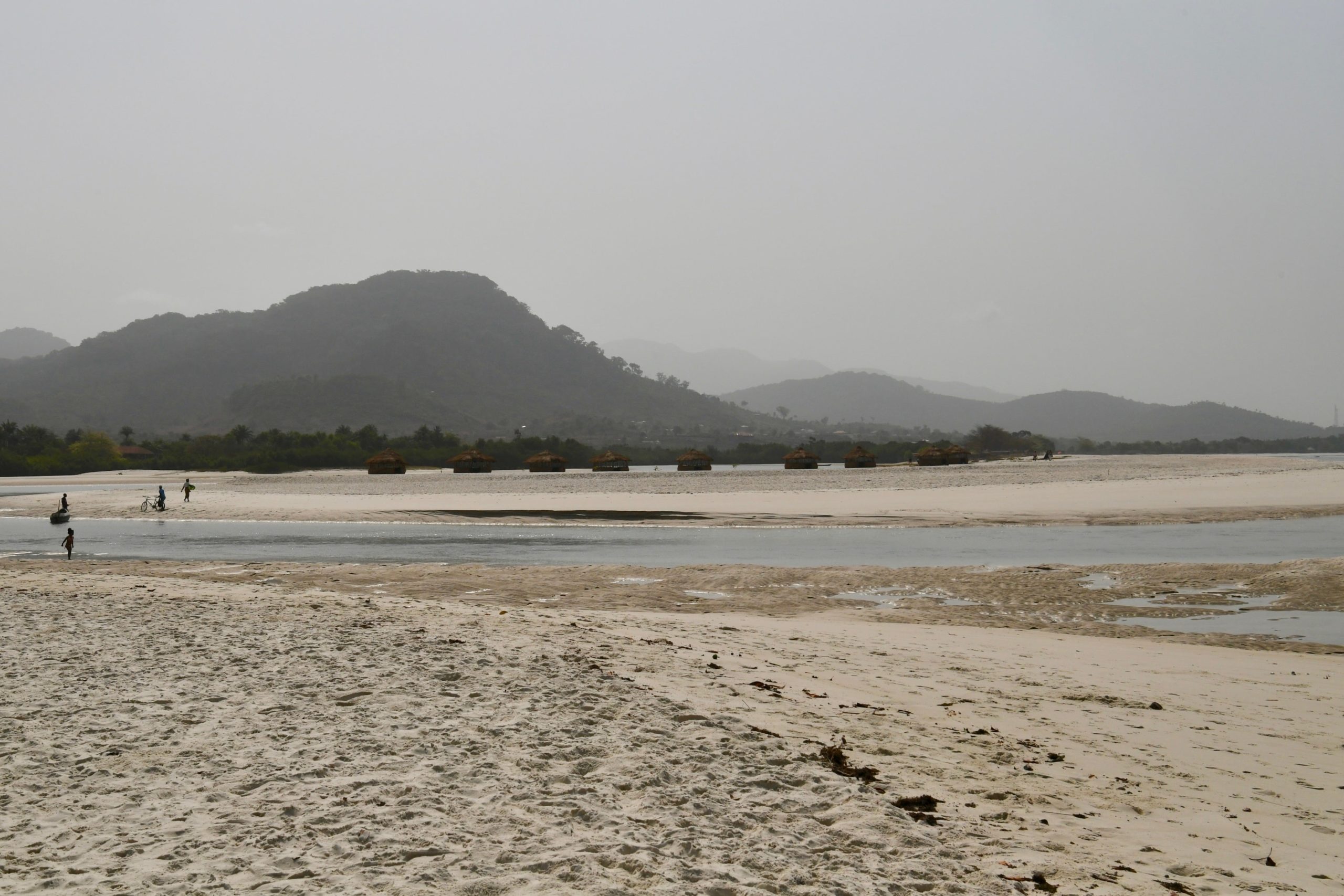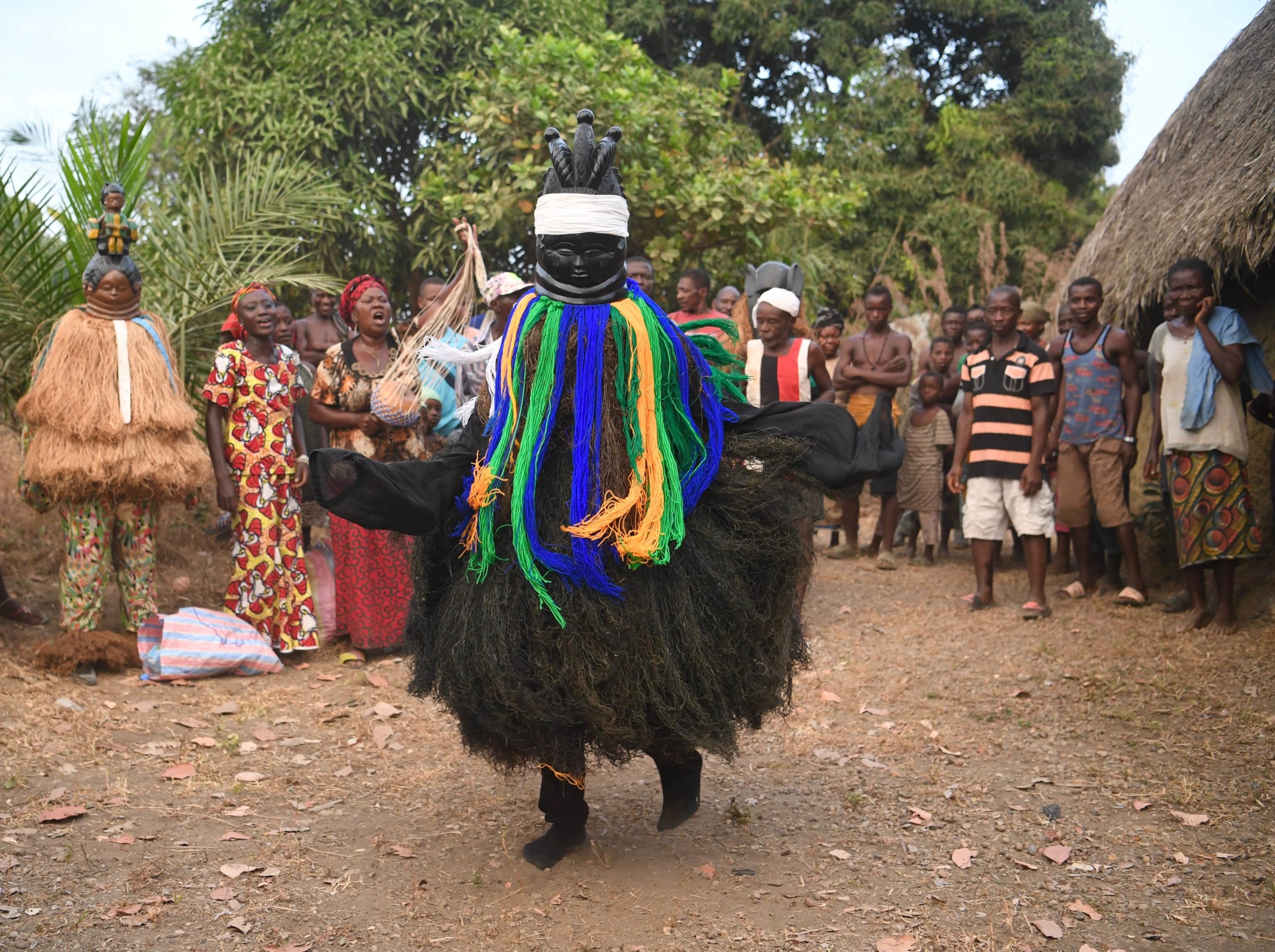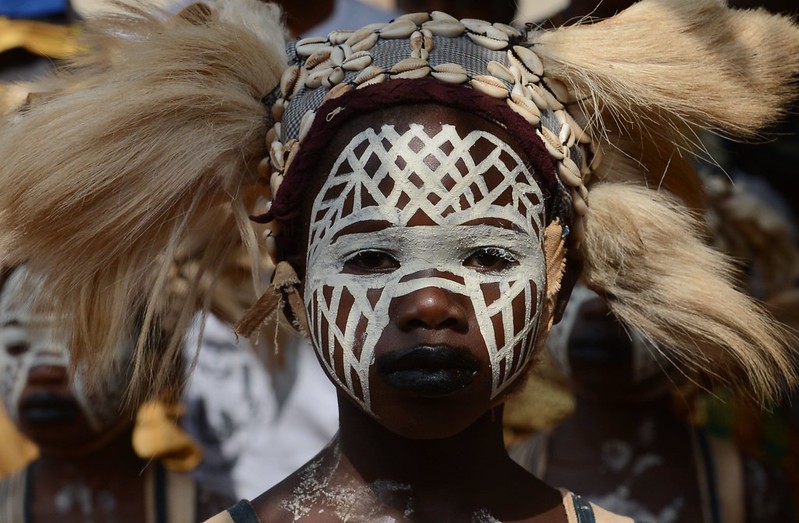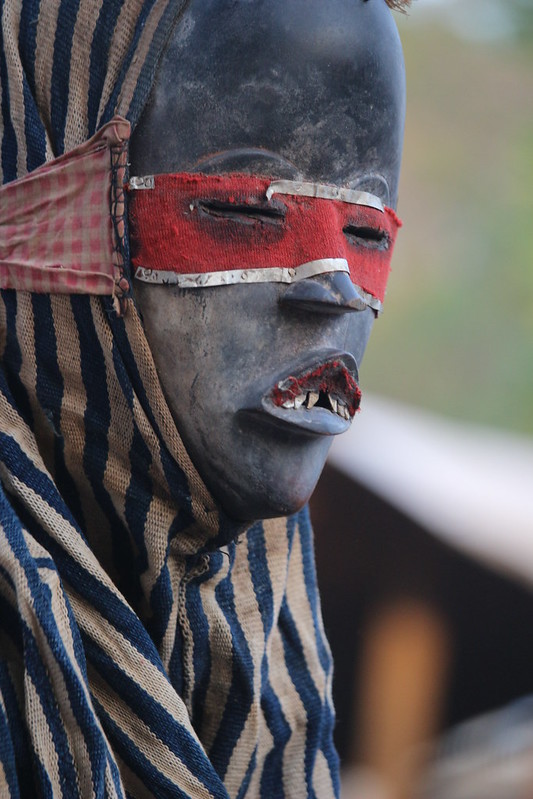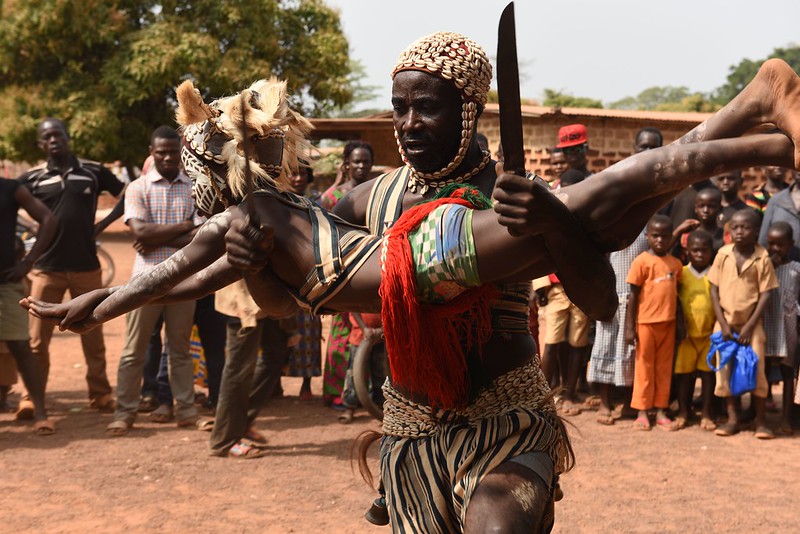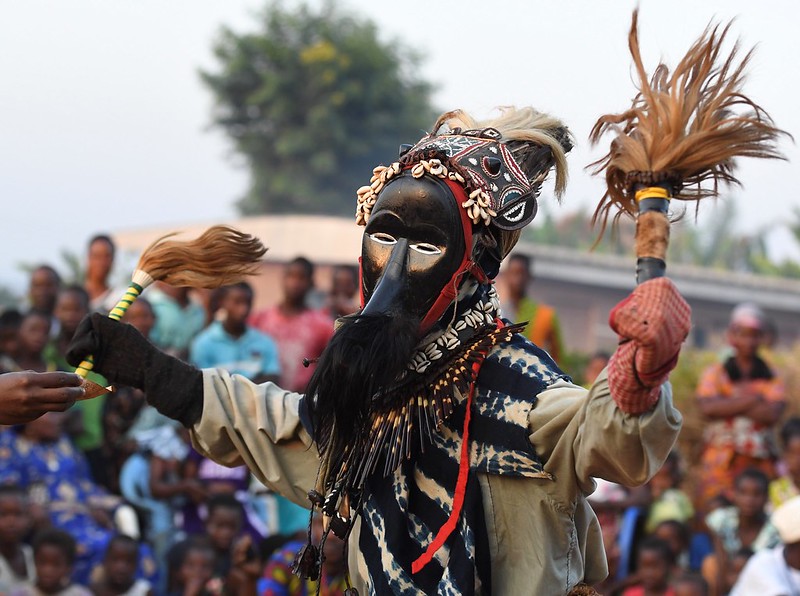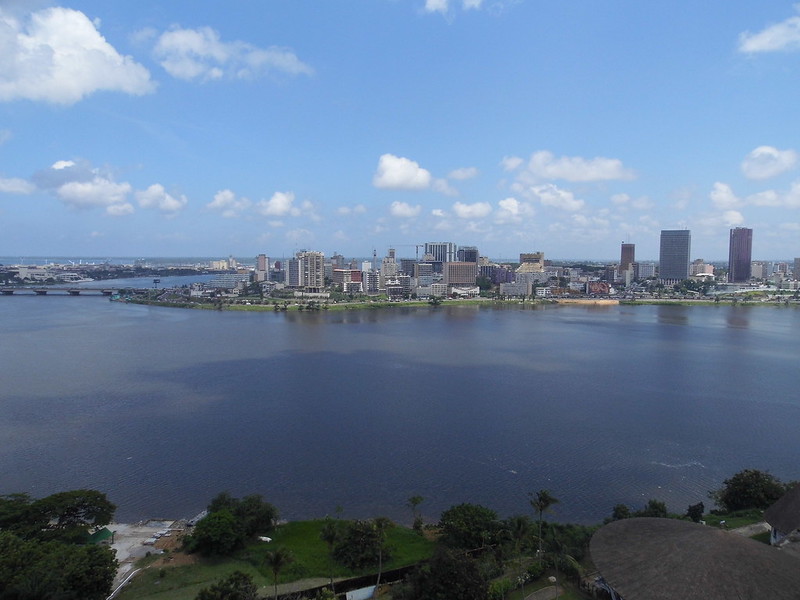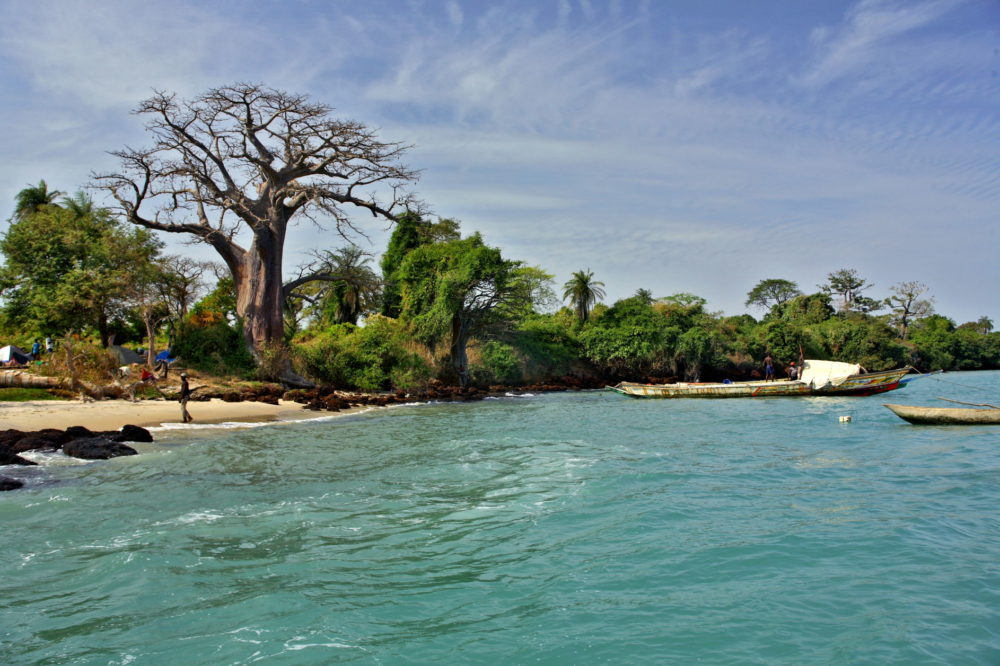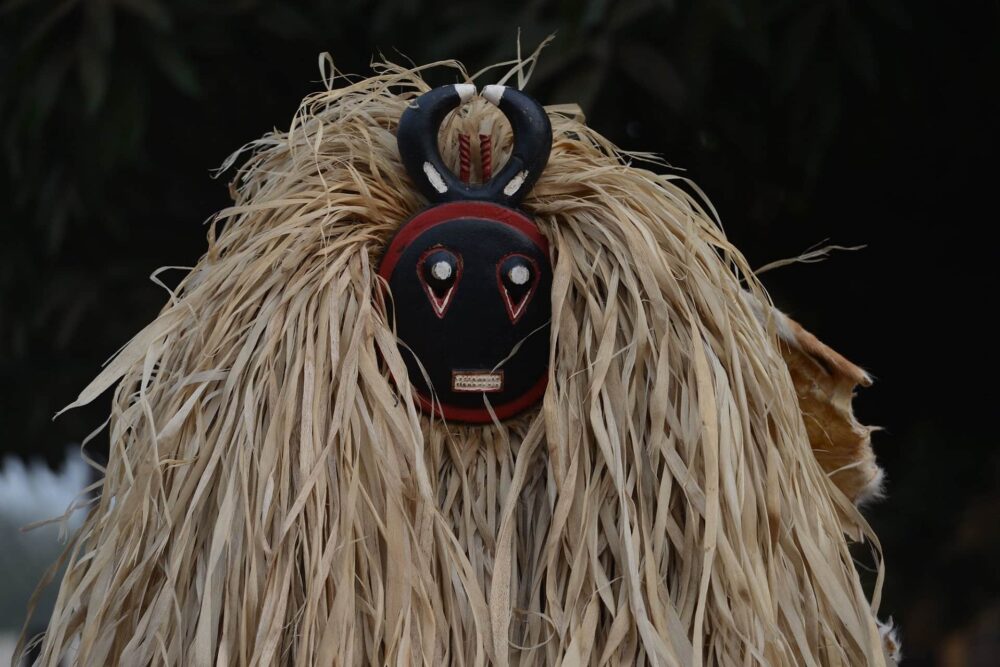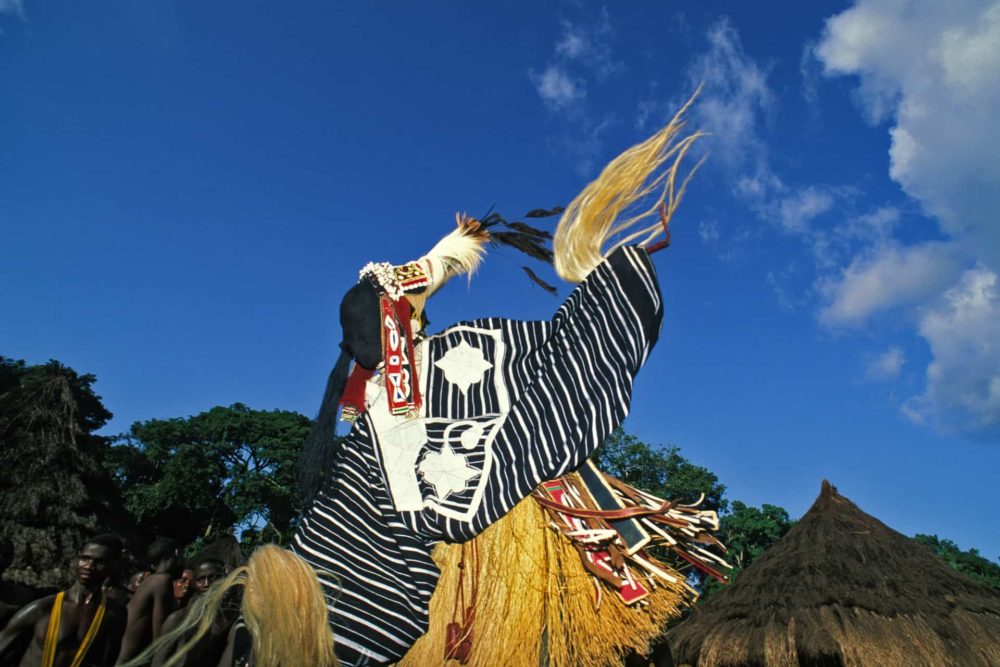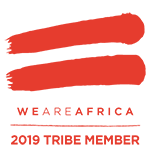Description
GUINEA BISSAU, GUINEA CONAKRY, SIERRA LEONE, LIBERIA & IVORY COAST
EXPERIENCE. Start with an authentic tribal concert. Join Fula the tribe of zebu herders to discover their adobe architecture and bas-reliefs. Be accepted at the “Council of the Elders” in a large clay palace on the Fouta Djalon, the main mountain massif in West Africa. Freetown is the large and colorful capital of Sierra Leone, the first British colony in Africa with the oldest university in this part of the continent. Discover Banana Island pristine paradise, hidden sacred drummers and diamond seekers. Monrovia is the capital of the oldest independent republic in Africa. Liberia has never been a colony or a protectorate, in 1847 was already ruled by a black president, the Afro-American Roberts born in Virginia and part of the Kriol settlers, considered the founders of the nation. The Kriol culture has expressed a unique architecture and symbols of power in the countries of the freed slaves. Witness the animistic ceremonies of women secret society and a rare female mask dance. Explore the forest to find liana bridges and initiated. Discover ancient rituals of girl initiation and stroll in the atmosphere of an old colonial capital.
CLIMATE. The departure dates have been chosen to enjoy the best climate.
COMFORT is a must to fully enjoy a long travel experience off the beaten path.
Transports: modern, air-conditioned 4×4 vehicles will be the main means of transport on rugged routes, while on main roads, modern, comfortable air-conditioned minibuses will be used.
Overnights: in comfortable hotels, four stars (****) in the capitals; recent hotels with air-conditioned rooms and private facilities in the rest of the itinerary. The accommodations have been chosen prioritizing comfort, quality of food, friendly service, typical architectural style, and scenic locations.
SAFETY is our main concern. The expedition is based on our long experience of the area and is led by knowledgeable expedition leaders. The itinerary is safe, our local network constantly monitors it thanks to a permanent presence in the field providing updated information.
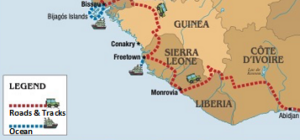
Day 1 (Dic. 11th, 2024): BISSAU IN – Guinea Bissau
Transfer from the airport to the hotel.
Day 2 (Dic. 12th, 2024): GRIOT: THE AFRICAN TROBADORS – Guinea Bissau
Early morning departure. After lunch, we leave the main road for a small village in the Malinké region.
The Malinké are the descendants of the ancient Mali Empire and are widespread in the current territories of Mali, Guinea Conakry, Ivory Coast, Senegal, and Guinea Bissau. Griots are a group of musician-narrators dating back to the 13th century Mali Empire. The village we visit is known for griot families who have been passing on these traditions for generations since the days of the Empire. Well-known also for their skills in producing musical instruments, they will perform a concert. Arrival at Gabu.
Day 3 (Dic. 13th, 2024): A REMOTE CORE OF AFRICA Guinea Bissau – Guinea Conakry
Early departure for a long day of drive. At a remote border we will cross to Guinea (Guinea Conakry, former French Guinea), experiencing a region with wild empty spaces, spectacular mountains covered with a wooded savannah, tropical dry forests and isolated Fulla (Peul) settlements on the Fouta Djalon massif.
Considered the most spectacular area of Guinea, thanks to the mountains, highlands, savannah and deep valleys, the Fouta Djalon is the “water reservoir” of West Africa. As a matter of fact, 3 rivers that give name to 4 nations: Niger, Nigeria, Senegal and The Gambia, have their offspring in Guinea.
This territory is inhabited by the Fulla (also called Peul), famous for their beauty and their skills as the main stockbreeders of Zebu cows in West Africa. We will visit isolated villages, with large clay houses decorated with bas relief, high conical roofs with several layers of straw.
Day 4 (Dic. 14th, 2024): FOUTA DJALON – Guinea Conakry
Full day dedicated discovering the Fouta Djalon. Leaving Labe, we will discover a fantastic natural environment where mountains meet savannah and deep valley with forest. The highest waterfalls in West Africa are framed by the forest, in a pristine landscape.
After having been introduced by our connections to the elders, presenting traditional gifts as cola nuts, we will have the privilege to be received by chiefs and dignitaries sitting in council. In a very large clay round hut with a decorated grass roof, dressed in traditional costumes, the descendant of one of the oldest Fulla Kingdom will tell us the history of their people and accept to answer our questions about the origins of their tribe and the traditional rules still practiced. The “casa a palabra” (the house of word) with fine adobe bas-relief is in a pure Fulla (Peul) architectonical style. Here the chiefs used to meet with the colonial administration.
Visit to the villa built by the colonial governor and later used by the first president of independent Guinea. The leader of the independence was Sekou Touré, one of the most radical anti-colonialist African politician’s; he refused any cooperation with the French and created strong ties with the Soviet Union and a personal friendship with Ceausescu. Some villas used by the ministers and by the guests of Sekou Touré are reminiscences of that time.
Arrival in Dalaba at 3,900 Ft. (1 200 m.) altitude.
Day 5 (Dic. 15th, 2024): MOUNTAINS AND FORESTS – Guinea Conakry
We will leave Dalaba following the southern slope of the massif to reach Mamou, Kindia and Forecariah in the evening.
Days 6 and 7 (Dic. 16th & 17th, 2024): FREETOWN PENINSULA, A LONG HISTORY: Guinea – Sierra Leone
The road joins the border of Sierra Leone, approximatively late afternoon arrival in Freetown, the capital of the country.
Freetown origins: in 1786 the first 380 freed African slaves arrived in Sierra Leone from America where they have fought in the independence war on the side of the British. After having lost the war, the British sent them to Sierra Leone and created the first freed slave settlements. Few months after their arrival, the newcomers were starving, got new and unknown diseases and fought with the locals, who could hardly stand them. A few years after, during the Napoleonic war, Freetown was displaying the British flag and had been attacked by seven vessels of the French navy and destroyed. Few survivors escaped on the pirogues sent by… the slave’s traders. From 1807, due to the abolition of the slave trade by the British Empire, the ships of the slave’s traders caught by the British Navy freed the slaves in Sierra Leone. In 1808 Freetown became the capital of the first British colony in tropical Africa. At that time the Krio peoples, or ex slaves, were more than 50,000, creating an elite who put pressure on the administration for better education. In 1845 “Fourah Bay” the first University in West Africa was built. During Colonial time Freetown was known as the “Athens of West Africa”.
Afternoon drive along the coast at the slopes of the Freetown peninsula mountains, only the yellow of the beaches divide the green of the forest from the blue of the ocean. The country has been named after these mountains, the Sierra (mountains) of lion. A local boat will bring us to Banana Island.
Day 8 (Dic. 18th, 2024): BANANA ISLAND – Sierra Leone
Full day circumnavigating, exploring and walking to discover a pristine paradise such as mountains, primary forests, villages and remote tiny beaches. For the most active travellers a 2-hour hike in the forest or continue the circumnavigation of the island. Lunch picnic, dinner and overnight stay: return to our base
Day 9 (Dic. 19th, 2024): DIAMONDS – Sierra Leone
After lunch arrival in BO. Seeking for diamonds is as addictive as gambling, at least, the possibility of finding a “fortune” may become a reality, only for a lucky few. Diamonds have played an important role in the recent troubled history of the country. The quantity and quality of “stones” still to be find is important. We reach a village. After asking permission from the chief, some villagers take us to the site where we can meet diamond seekers. A local person will explain us the technics of artisanal mining and “sand washing”.
Day 10 (Dic. 20th, 2024): BUNDO: FEMALE MASKS – Sierra Leone – Liberia
A spectacular road through the forest will bring us to the Mano River and to the border with Liberia. In most parts of Africa, the masks are male’s prerogative, however among the Mende people and neighbouring populations the masks Bundo are a female’s domain, and they have a crucial role in girls puberty rites. In a tiny village we will experience the exit of these masks, an event that calls for the participation of a colourful crowd. Arrive in Monrovia in the evening.
Day 11 (Dic. 21st, 2024): “LIBERIA”: THE LAND OF FREEMEN – Liberia
Liberia is the only African country which has never been either a colony or a protectorate; Liberia was founded by Krio, freed slaves who came back to Africa from the USA and for this reason was named “Liberia”. Krio are 5% of the population and they are the main actors of the economy and politics, they are considered the creator of the Nation and of the modern economy. 80% of the population speaks the local Krio language, a sort of American-English “Pidgin”.
Our ocean-view hotel is the right starting point to have an interesting walking-visit of the town. Freemasonry had a great impact on the history of Liberia and Krio culture, visit of the Grand Masonic Temple imposing building, and if we’re lucky, meeting with the Grand Master. A symbol of Monrovia is what left of the Ducor Palace Hotel, inaugurated in 1960 was one of the first five stars in Africa. Located on a rocky hill in the highest point of Monrovia, dominate the whole town and the gulf. The hotel hosted social events and parties of the African elites at the effervescent time of independence. In the large swimming pool facing the ocean Idi Amin used to swim caring his gun at the belt while his friend Miriam Makeba was singing. After the civil war the building was looted several times, the hotel is now abandoned and closed, but seeking the right permission, we may be able to visit it. In 2008 the government made a deal with Ghaddafi to rebuild it, however the project, as many other Libyan development projects in Africa, never came to conclusion thanks to the regime change war that Europe and America started to overthrow Ghaddafi. The building of the National Museum is itself a display of Krio traditional architecture, within we discover a large collection of ancient masks and ritual objects. The visit includes a photographic show about the civil war which took place between 1989 and 2003. Old colonial buildings, stone Krio churches will be also part of this intriguing town visit.
Lunch and departure for Gbarnga.
Day 12 (Dic. 22nd, 2024): LIANA BRIDGES – Liberia – Ivory Coast
Morning departure to Ivory Coast border. After formalities, a road through lush vegetation will take us to a remote village and a short walk to a spectacular liana bridge crossing a large river in the jungle. Liana bridges are masterpiece of a genuine “tribal technology”. They are built exclusively with vegetal materials, as wood and lianas without the use of nails or rope nor other materials foreign to the forest. Only the initiated can harvest the liana and wood and leave it in the forest, it is believed that a powerful spirit will build the bridge in one night. Neither women nor non-initiates are allowed in the forest during the preparation of a new bridge, to ensure the secrecy of this ‘magic technology’. Evening arrival to the small town of Man, surrounded by 18 green mountains, the capital of this forest region. We will spend two nights at a comfortable hotel in Man.
Day 13 (Dic. 23rd, 2024): DAN MASKS – Ivory Coast
The small town of Man is the capital of the We, Dan and Guéré ethnic groups, known for their masks, considered among the masterpieces of African art.
Full day discovering the Man region.
In a nearby village, encouraged by the incessant rhythm of tam-tams, masks will emerge from the forest. According to the cosmogony of Dan people, there is a supreme god that creates the world and communicates with humans only through its intermediaries, the masks. During the masks’ dance, the distance between the humans and the spirits disappears, the cosmic and the social orders are restored, and gratitude is expressed to the gods and the ancestors. Dan Masks are one of the finest African masks known for the balance of their shapes.
Man’s market is an important market where villagers come from the region and from the neighbouring countries. It will be possible to find a large choice of handicraft and, with a bit of luck, authentic masks and traditional objects.
Day 14 (Dic. 24th, 2024): MAGICAL TRADITIONS – Ivory Coast
Full day dedicated to experience vibrant tribal culture and magic traditions.
4X4 vehicles will be needed to reach a remote region where the arrival of foreigners is a rare event. The track across rudimentary bridges made of logs will lead us to an isolated settlement inhabited by the Gueré whose masks are recognized and collected for their powerful expressive power. The masks will dance through the village.
If lucky we will witness the rare “Jugglers” performances. Girls initiatory juggling is an ancient tradition, now vanishing. The initiated girls, their faces painted with white kaolin, will perform a spectacular acrobatic dance, “flying” from one dancer to another…
Return to the main road and reach the town of Daloa in the evening.
Day 15 (Dic. 25th, 2024): CATHEDRAL IN THE SAVANNAH – Ivory Coast
Day of driving South-East. We continue our journey across coffee and cocoa plantations, dotted only by small villages. Ivory Coast is the world’s main cocoa producer, the second is Ghana and together they represent more than half of the world’s cocoa production.
In a village of the Guro tribe, we attend the Zaouli dancing masks. The Zaouli mask, was probably inspired by a girl named “Djela Lou Zaouli”, however, the stories on the origins of the mask are varied and each mask can have its own symbolic history. The uniqueness of Zaouli dance is the fine and sophisticated movement of the legs and the feet.
In the afternoon, we will reach Yamoussoukro, the country’s formal capital since 1983 and the native village of Houphouët-Boigny, the first President of the Ivory Coast. Here the Ivorian dream of the 1970s and 1980s has come true, the dream of a country that, despite its shortage of major natural resources, has built up the most flourishing economy of French speaking West Africa, to the point to rival in architectural style and size the European capitals.
We visit the Basilica of the Virgin of Peace, inspired by St Peter’s in Rome is the largest Christian building on earth, the high colourful glass windows are unique. In the city, we see wide boulevards where the few cars try to avoid big potholes, Zebus and chickens, huge government buildings, the lofty hotels up to 14 floors high and even an artificial lake inhabited by crocodiles, everything has an abandoned look. What is most striking is the feeling of emptiness because of the nothingness surrounding this illusion… Despite the title of capital city, the ministries, embassies, and the presidency of the republic itself remained in Abidjan.
Day 16 (Dic. 26th, 2024): ABIDJAN, SKYSCRAPERS AND LAGOONS – Ivory Coast
We drive on the only highway of the country to reach Abidjan in late morning. Beyond the lagoon, the “plateau” (the City District) is growing very fast, while most of the African cities grow horizontally, Abidjan grows vertically. Not much land is available and the little available must be continually recovered from the waters of the Ebrié Lagoon. The modern City District is defined to the west by the harbour and its endless queues of people waiting for a public boat, and to the east by the silhouette of Saints Peter & Paul Cathedral, built in a futuristic spirit by Italian architect Aldo Spirito in 1980. In the Youpugon district we will meet the Fanico people who wash clothes in the river and dry them on the surrounding lawns. Hundreds of colourful fabrics spread out on the grass create a giant patchwork. The chaotic traffic is a negative result of the fast-economic development of this country, that after the civil war has, some years, reached a 6% growth of the GDP. Visit of this modern and colourful African metropolis.
Day 17 (Dic. 27th, 2024): GRAND BASSAM – Ivory Coast
Short drive to Grand Bassam, an old town built on a sand bank between the lagoon and the ocean. It was the first capital of the French Ivory Coast colony and now a maritime leisure resort for the Abidjanese. Thanks to its calm avenues shaded by tall trees, large bougainvillea and well-preserved colonial buildings, Grand Bassam has a magical atmosphere. The old post office is a jewel of colonial architecture. The Costume Museum, in the former governor’s palace, with its large outer staircase is a true architectural gem and its unique collection of tribal costumes, masks, ornaments and ethnographic photographs gives an interesting perception of the country’s history and culture.
Day room available until 6:00 p.m. and transfer to the airport. End of our services.
EXPEDITION LEADERS: with long experience of leading off the beaten track in West Africa and the Sahara, and an excellent understanding of African culture and traditions
EXPLORATORY ITINERARY: This itinerary is an expedition; participants must be flexible and ready to enjoy the unique encounters, but also some unexpected situations that are part of the African Experience.
VISAS:
Guinea Bissau: single entry visa required; we can obtain the visa during the tour. Please alert us in advance, at the booking.
Guinee Conakry: visa is mandatory and can be obtained applying on the official platform: https://www.paf.gov.gn/dnpaf/?page_id=335&lang=en
We recommend to upload all these documents even if they don’t seem to be all required: copy of passport front page, passport size photo (white background, low definition), full flight coupon (even if you do not land/leave from the country), yellow fever vaccination, covid vaccination card, invitation letter (we will provide this last document). Please be sure all documents will not exceed the maximum pixel size required and check that they will appear in your upload session at the moment of your application. The E-visa cost is 80 USD. Please keep us updated about the status of your demand.
Liberia, single entry visa required.
Sierra Leone, visa available at the border (cost 100 USD) when entering the country by land. If you join in Freetown, arriving by flight, you need a pre-visa: https://evisa.sl/#/home
Ivory Coast, single entry visa required. The Ivory Coast E-Visa is not valid for entry by land borders, needed visa from the embassy competent with the country of residence.
IMPORTANT NOTE ON VISAS: Please, after booking, contact us and we will send our advice and suggestions on how to obtain the E-Visas and when Invitation Letters are needed, also if not clearly requested.
VACCINATIONS: Yellow fever – compulsory; malaria prophylaxis highly recommended. Cholera now not request, please check prior departure.
LUGGAGE: due to the exploratory itinerary, please to be contained in approximately 20 kg (45 Lbs.).
TRAVEL INSURANCE: Not included. Mandatory for medical assistance, repatriation, material and physical damages.
TRANSPORT: 4×4 vehicles and minibus. All vehicles are fitted for African conditions, have air-conditioning and each participant is granted with a window seat. Local boats to Banana Island.
MEALS: lunches: cold meals, picnics or at restaurants (pre-select menu). Dinners: at the hotel restaurants (pre-select menu). It is included one bottle of water each day during the visits.
NOTICE: The itinerary is designed to discover fascinating places, where often the visit of a foreigner remains an exceptional event. Participants need to be cooperative, tolerant and flexible to fully enjoy the expedition and appreciate the unique nature, as well as the spontaneous hospitality of the local populations, African magic and mystery, its metaphysics, ceremonies, life philosophies, beliefs that people are willing to share with us.
Itineraries, visits and overnight accommodations can be modified or adapted to local conditions or to force majeure. Only the organizers and the Tour Leader can decide on any changes.

